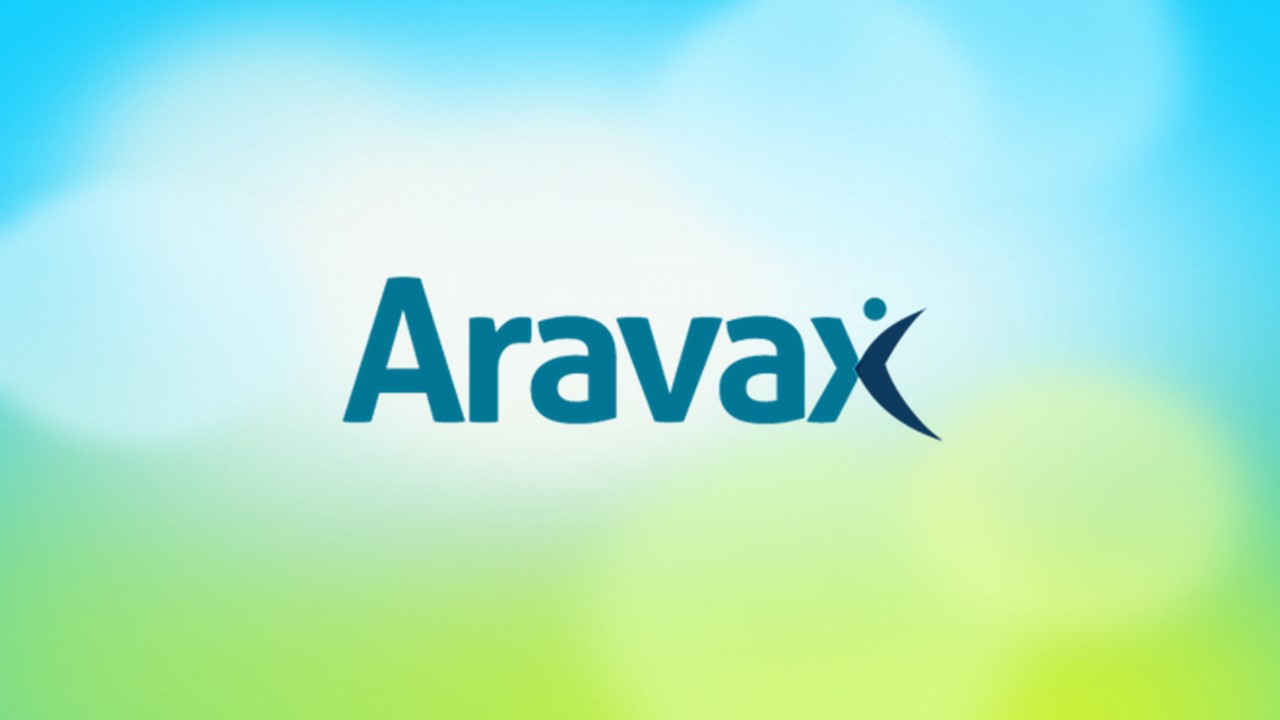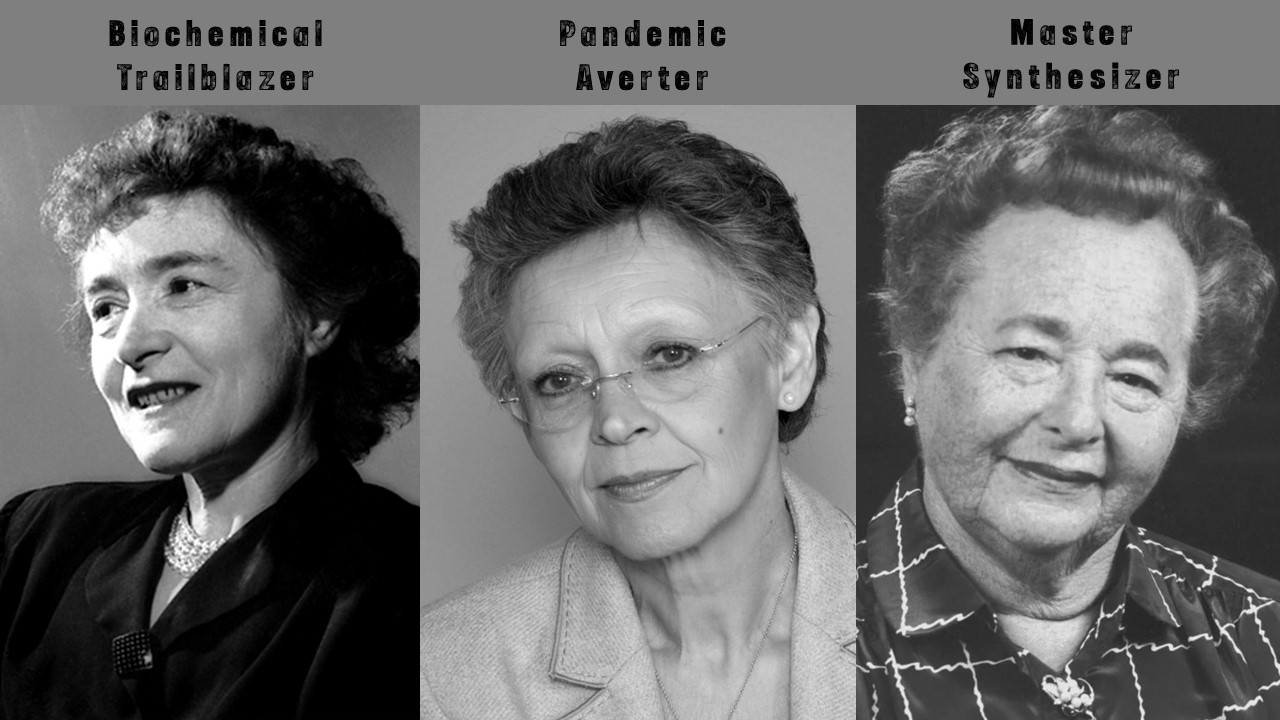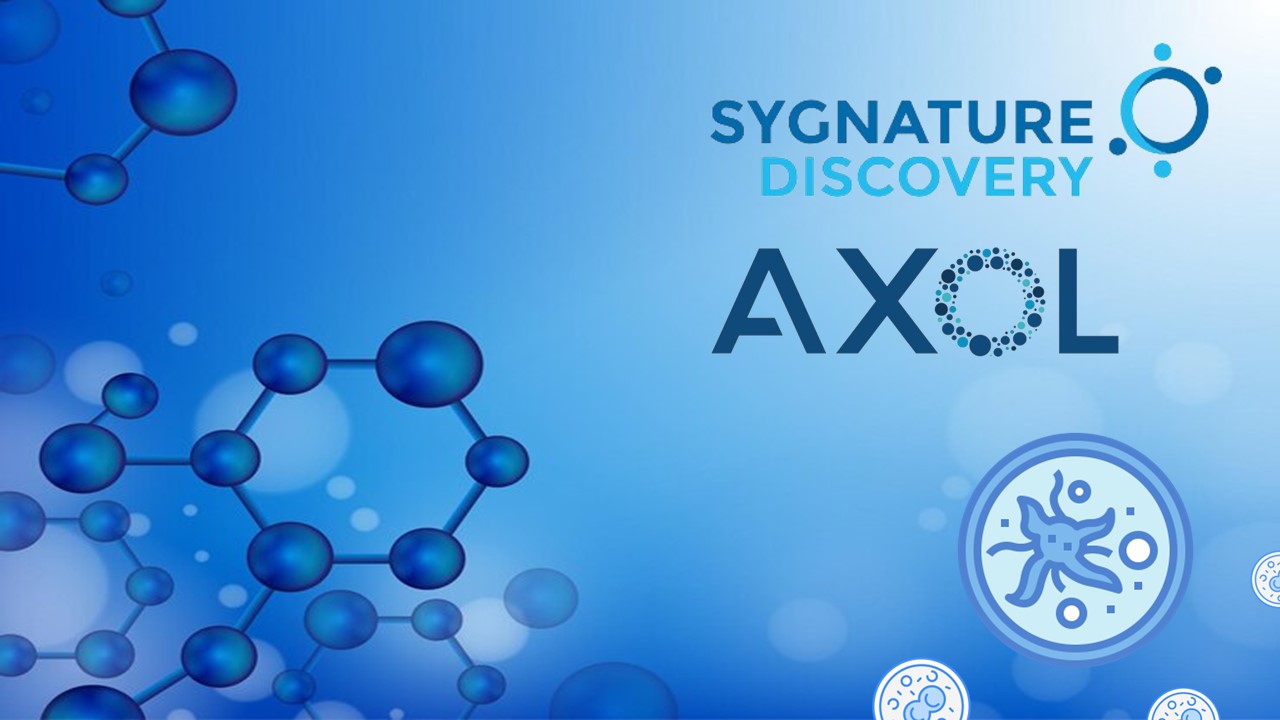Novartis snags Gyroscope and its portfolio for $1.5b
22-Dec-2021
Novartis will be acquiring British Gyroscope Therapeutics, a gene therapy specializing in ocular disorders. The move, valued at $1.5b, will add Gyroscope’s GT005 to Novartis’ portfolio; GT005 is a one-time gene therapy currently in Phase II trials for people living with Geographic Atrophy. Geographic Atrophy leads to irreversible vision loss and currently lacks any approved treatments. GT005 seeks to act by upregulating the production of Complement Factor I protein in the eye, restoring balance to the immune system and reducing inflammation and damage to vision. Novartis highlighted the expansion of their gene-therapy capabilities with the move, as said by President Marie-France Tschudin:
“With our own pioneering research in ocular gene therapies and our experience gained from bringing Luxturna to inherited retinal dystrophy patients outside of the US, Novartis has a well-established expertise in ocular gene therapies that will position us well to continue developing this promising one-time treatment”
Sanofi acquires Amunix for $1b
21-Dec-2021
French Sanofi has sought to expand its immuno-oncology pipeline with the purchase of American Amunix for $1b, with up to an additional $225m for milestones. Amunix focuses on conditionally activated T-cell engagers and cytokines, enabling their biologic products to limit their off-target activity. This is achieved through their proprietary XTEN® protein engineering technology, though the use of cleavable linkers and other masking techniques. This ensures the products remain biologically inactive before being exposed to the tumour microenvironment; exposure to the conditions local to the tumour reverts them back to their potent form. Limiting toxicity and systemic immune reactions has been an on-going concern for immunotherapies, as noted by Dr. John Reed, Global Head of Research & Development at Sanofi:
“The Amunix technology platform utilizes a next generation smart biologics approach to precisely tailor-deliver medicines to become active only in tumor tissues while sparing normal tissues, thus bringing the promise of more effective and safer treatment options for cancer patients. We are excited to rapidly advance Amunix’s promising pipeline and to combine their innovative candidate medicines with complementary molecules in Sanofi’s immuno-oncology portfolio”
Bayer to partner with Vipergen for novel discovery solutions
21-Dec-2021
Danish Vipergen will be allying with Bayer through a wide-ranging research agreement to leverage the former’s expertise into commercial applications. Vipergen specializes in using DNA-encoded libraries inside living cells for small molecule drug discovery, through its Cellular Binder Trap Enrichment technology platform. The agreement aims to put the technology in use for identifying new small molecule candidates in pharmaceutical development and sustainable crop protection. Bayer has high hopes for the joint venture, as outlined by Senior Vice President Monika Lessl:
“We are looking forward to the partnership with Vipergen and to building on its new technology for screening DNA-encoded libraries under physiologically relevant conditions of living cells for the development of new products in health and agriculture”
Ligand and GlaxoSmithKline to broaden collaboration on transmembrane therapeutics
21-Dec-2021
GlaxoSmithKline and Ligand Pharmaceuticals announced the expansion of a licensing agreement between GSK and Ligand’s subsidiary, Icagen. The agreement seeks to make use of Icagen’s ion-channel based discovery platform that targets transmembrane proteins for the development of small molecule therapeutics. The technology is of particular value in neurological disorders, and the transaction will be accompanied by a $10m upfront payment with the possibility of up to $247.5m in milestone payments, with GSK having full rights to to license and commercialize any product candidates. The move expands Ligand’s already extensive partnerships with pharmaceutical giants, including Pfizer, Merck, Sanofi, Gilead, Takeda, and others, highlighting the value of their platform.
Insighftul to buy Protein Metrics, expanding R&D solutions to proteomics
21-Dec-2021
In a move to expand their drug discovery platform to the field of proteomics, Insightful Metrics has announced their acquisition of Protein Metrics, one of the leaders in the field of protein characterization and analysis software. The software follows protein candidates from discovery to manufacturing, and its unique features and algorithms are supported by 18 patents. The move expands Insightful’s already broad field of R&D solutions, establishing them as a leader in life sciences software, as highlighted by their CEO, Thomas Swalla:
“We are thrilled to welcome Protein Metrics into our company and help advance our vision to build the world’s largest scientific platform that can support customers through every step of the R&D process.”
BeiGene to expand alliance with Novartis
20-Dec-2021
Beigene announced the expansion of its partnership with Swiss giant Novartis, granting the latter the ability to commercialize and develop TIGIT inhibitor ociperlimab in North America, Europe and Japan. Ociperlimab is a promising molecule currently in global Phase III trials for lung cancer, esophageal squamous cell carcinomas and cervical cancer. This comes in exchange for Beigene receiving the right to market five Novartis products across China – dabrafenib, trametinib, pazopanib, everolimus and ceritinib. This follows prior agreements for the development of immuno-oncology treatments between the two companies, showcasing the importance of technological cooperation with Chinese pharma. The agreement will also see a $300m upfront payment to Beigene, with the possibility of a further $600-700m subject to option exercise.
Merck to buy Chord Therapeutics
20-Dec-2021
Merck has announced plans to acquire Swiss firm Chord Therapeutics in a bid to expand its neurology-related disease pipeline. The acquisition will see the transfer of Chord’s portfolio to Merck, which includes the promising cladribine. Cladribine has shown potential in exploratory studies regarding the treatment of generalized Myasthenia Gravis (gMG) and Neuromyelitis Optica Spectrum Disorder (NOSD), which are both rare neuroinflammatory diseases. The product’s unique mode of action through its selective targeting of B and T cells has been highlighted by Merck’s Head of Global Development:
“Cladribine has a unique mechanism of action which is relevant in antibody-mediated such as NMOSD and gMG. In exploratory studies, cladribine demonstrated promising results in these diseases. These data have prompted us to initiate further development with cladribine in gMG and NMOSD to potentially bring a new therapeutic option to patients and expand our portfolio in this area.”
McKesson to sell off Austrian biz to Quadrifolia
20-Dec-2021
Following recent developments regarding the sale of its European businesses, McKesson continues the trend by selling its Austrian business to Quadrifolia in a managed buyout. McKesson is intent on streamlining its practice in its most well-established markets in North America, where it is currently #7 on the Fortune 500. It is hoped that by re-orienting itself to markets where it possesses deep levels of expertise, it will provide long-term growth, as outlined by CEO Brian Tyler:
“Today’s transaction marks another milestone in advancing McKesson’s intent to streamline the portfolio and prioritize investments in areas where we have deep expertise and are central to our long-term growth strategy. We are making good progress in executing our strategy to exit Europe and continue to evaluate suitable exit alternatives for our businesses in Norway and Denmark”



















